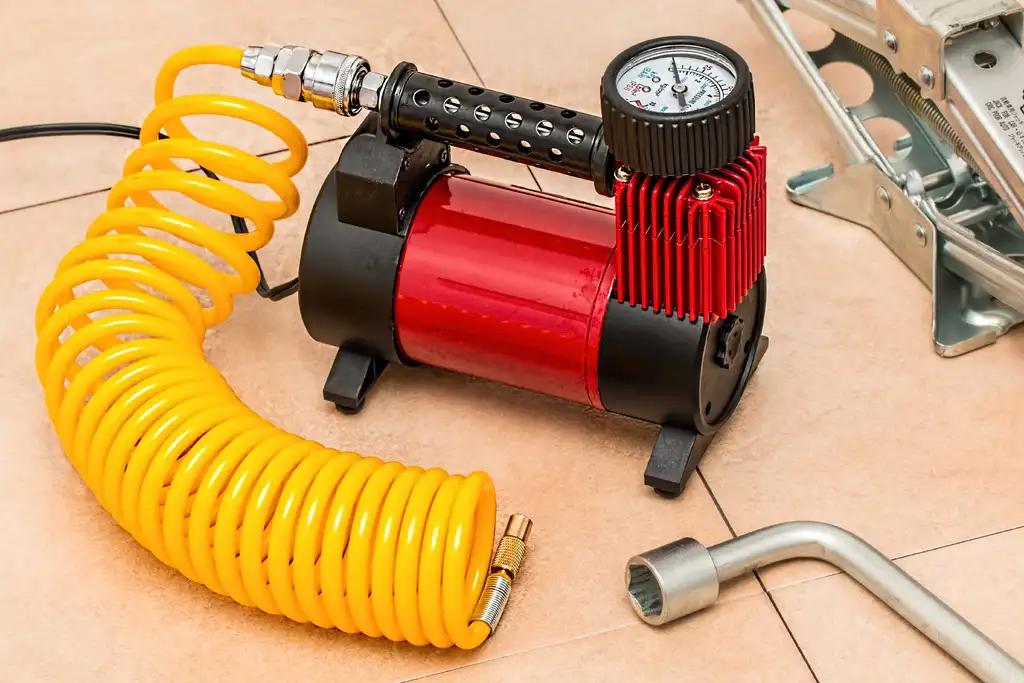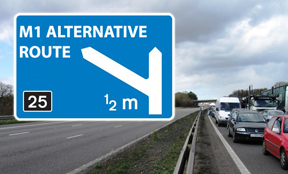
Have you heard about tyres being inflated with nitrogen rather than standard compressed air and wondered why – and what the benefits are?
Here we look at the reason tyre firms are offering nitrogen inflation and why it could be useful for motorists on the UK’s roads.
 Find out why some drivers are
swapping compressed air for pure nitrogen to inflate their car tyres (Credit: Pxhere)
Find out why some drivers are
swapping compressed air for pure nitrogen to inflate their car tyres (Credit: Pxhere)
Is putting nitrogen in tyres a new idea?
No. The use of nitrogen in tyres has been around for many years, but mainly for the likes of racing cars and aircraft, but now it is becoming increasingly common for tyre firms to offer it as a service for owners of standard road cars.
Additionally, the compressed air that is used to inflate tyres has always included nitrogen in any case, with it being 78% nitrogen, 21% oxygen and 1% made up of additional gases.
What does filling tyres with nitrogen do?
There are several claimed advantages to inflating tyres with pure nitrogen rather than the traditional mix of gases.
One reason is that nitrogen has no moisture when in a pure state, which mean that your car wheels will not suffer from as much corrosion, which can damage them and allow air to leak out and tyres to deflate. Preventing corrosion can reduce maintenance costs, while also improving safety.
Does nitrogen stop tyres losing pressure?
Because nitrogen has bigger molecules, less of the gas will leak through the lining of the tyre and ensure that your tyres do not lose pressure as fast as tyres filled with traditional compressed air.
All tyres will leak air over time, so the use of nitrogen can slow this down but not stop it altogether, so driver will still need to check pressure levels on tyres at regular intervals.
Drivers should ensure their tyres are safe, not damaged or too old to be safe – or comply with the law for larger vehicles. Check your tyre age here.
Is it worth filling my tyres with nitrogen
A study by the US National Highway Traffic Safety Administration in 2009 found that after 90-days cars with 99% pure nitrogen-filled tyres lost around 1.39% of pressure per month while the air-filled tyres lost 2.13% over the same period.
Under-inflated tyres are dangerous and also mean more fuel is used, so for these two reasons alone, many motorists will see obvious benefits from swapping traditional compressed air for pure nitrogen to inflate tyres.
Will nitrogen make my tyres more fuel-efficient?
As already mentioned, tyres that are properly inflated will help to save fuel, so a side-effect of nitrogen slowing down pressure loss in tyres will be to increase the number of miles you can eek out from your fuel.
Will filling my tyres with nitrogen make them last longer?
Some providers claim that because nitrogen-filled tyres operate at a lower temperature, this will translate to less rolling resistance and help the tyre to last longer and not degrade as quickly.
However, there is very little research to support this theory to an extent that would make any saving worthwhile over the additional cost of inflating tyres with nitrogen.
How much does it cost to fill tyres with nitrogen?
Filling a tyre with nitrogen will cost in the region of £2 per tyre. All tyres must be filled at the same time and any top-ups must also be with nitrogen to gain any of the benefits over time.
My car has green tyre valve caps – what does this mean
If your car has green tyre valve caps, this will usually mean that the tyres have been filled with pure nitrogen rather than standard compressed air.
When topping up your tyres you can go to a tyre centre and ask for nitrogen to inflate your tyres, but it is also safe to add normal compressed air if you need to top up for safety measure.
If you do top up with standard air, you will need to have this purged and replaced by nitrogen at a tyre specialist to receive the benefits of nitrogen.
Most read motoring content
Take a look at more of our top motoring-related content here...
-
How much did my car tax go up in April 2022?
-
My driving licence has expired - can I keep driving while I wait for a new one?
-
Do I need an international driving permit for France and Spain
-
Do I need to pay the Oxford ZEZ on a Saturday and Sunday?
-
Will I get a speeding ticket after being flashed
-
Will I get a speed awareness course instead of points?
-
How to spot a fake undercover police car
-
Can I drive in sliders in the UK - with or without socks
-
Can I vape in a car with kids in it?
-
How old are my tyres - find out instantly here
-
Are my sunglasses legal for driving?
-
Do I need an electric car licence and driving test in the UK?
-
What happens to a car when the owner dies?
-
How can I find out who owns a car
-
Can I book cancelled driving tests to beat the rush?
-
How far and how fast can I drive on a space saver spare wheel
-
Can I be fined if the car park ticket machine is not working?
-
Is the M6 Toll Road free in the evening and at weekends?
-
How much is the Tamar Bridge toll and when do I need to pay it?
-
How can I find out who owns a car
-
What are the black dots on my windscreen for?
-
Will I get a 6-month MOT extension because of the new Omicron variant this Christmas?
-
Electric car charging points at UK airports for public use - 2021
-
Are electric scooters a good Christmas present - find out the driving rules here
-
Secret parking offences you're committing revealed
-
Do I need to tell the DVLA about having Covid-19?











